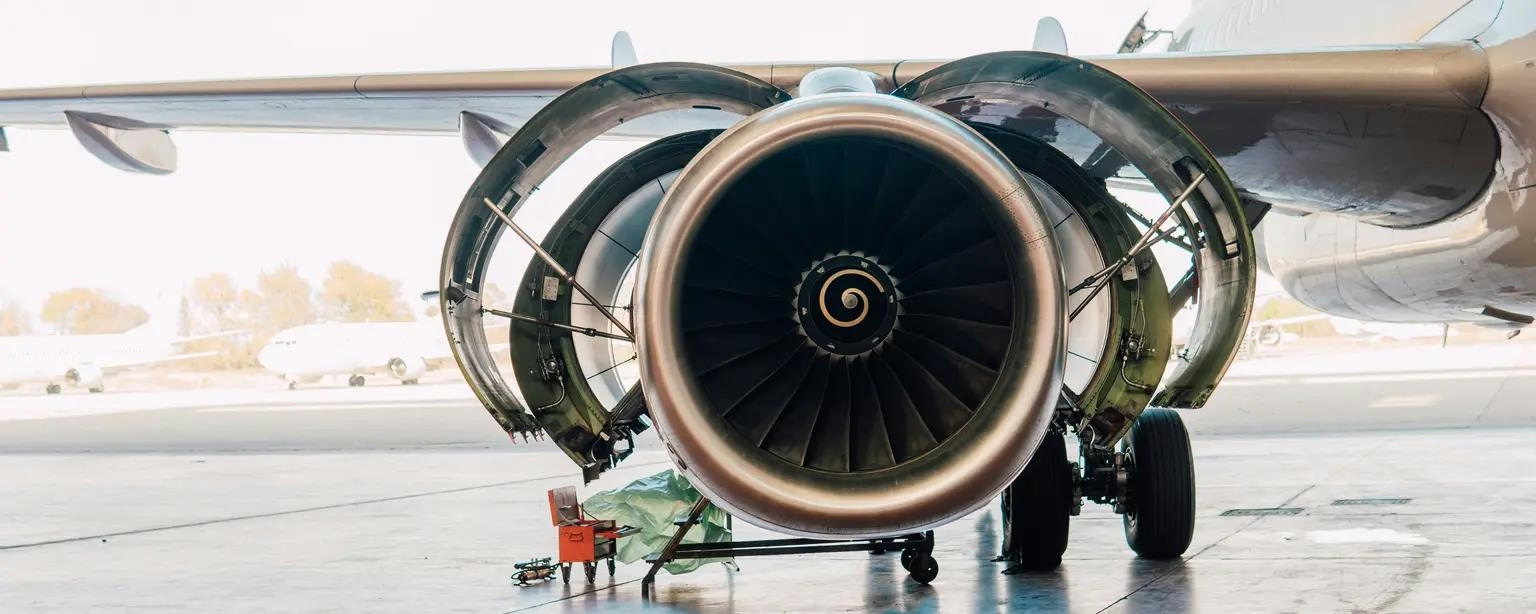AeroGenie — Your Intelligent Copilot.
Trending
Categories
Macroeconomic pressures reshaping commercial aircraft leasing

Macroeconomic Pressures Reshaping Commercial Aircraft Leasing
The commercial aircraft leasing industry, a vital component of global air transportation for over fifty years, has enabled airlines to expand their fleets without incurring substantial upfront costs. Currently, more than half of all commercial jets are financed through long-term dry leasing arrangements. However, the year 2025 has introduced a convergence of unprecedented challenges, including escalating geopolitical tensions, ongoing supply chain disruptions, and intensifying macroeconomic pressures, all of which are reshaping the sector.
Geopolitical and Economic Uncertainty
The rise in global conflicts and increasing protectionist policies have significantly heightened geopolitical risks, directly impacting airline fleet strategies and the deployment of leased assets. The industry continues to recover from the profound disruptions caused by the Covid-19 pandemic, which suppressed aircraft demand for over four years. Additionally, sanctions imposed on Russia following its 2022 invasion of Ukraine led to the confiscation of more than 400 leased aircraft, a complex issue that has only recently been addressed through insurance settlements.
As 2025 unfolds, cautious optimism within the industry is tempered by concerns over sustained demand and uncertainties surrounding trade policies. The commercial jet supply chain is highly globalized, with Russia supplying the majority of titanium, China dominating aluminum and rare earth materials, Indonesia providing nickel, and the Democratic Republic of Congo supplying cobalt. The tariff war initiated by the United States in 2025 threatens to disrupt these critical supply chains, increasing costs and complicating production processes. In response, major manufacturers such as Airbus and Boeing are actively reconfiguring their supply chains to mitigate the risks posed by future protectionist measures, although these efforts may provide only limited relief.
Persistent Supply Chain and Financial Strains
Supply chain bottlenecks continue to define the current leasing market landscape. Aircraft manufacturers face shortages in essential components including engines, airframe structures, cabin systems, and skilled labor, all of which have impeded their ability to meet production targets. Airbus, for example, has postponed plans to increase A320 output due to persistent issues with engine and cabin equipment supplies. Over the past five years, the cumulative production shortfall is estimated at approximately 4,000 aircraft—units that will never be delivered.
This scarcity has driven lease rentals for certain used aircraft to levels at least 20% higher than those seen before the pandemic, primarily due to the limited availability of new production and ongoing challenges related to the reliability of next-generation engines. Consequently, lessors are increasingly concentrating on engine leasing, anticipating strong liquidity demand for new-generation engines. This trend highlights broader financial strains permeating the aviation sector.
Market Reactions and Competitive Shifts
Macroeconomic pressures, including volatile fuel prices and economic uncertainty, are compelling airlines to scrutinize lease terms more rigorously and seek greater flexibility in financing arrangements. The industry is witnessing strategic maneuvers from key players; for instance, AviLease has placed substantial orders for new Airbus models, positioning itself to capitalize on potential market shifts and evolving demand patterns.
In this complex environment, the commercial aircraft leasing sector faces a multifaceted landscape shaped by intertwined geopolitical, economic, and supply chain challenges. The industry’s capacity to adapt through flexible financing solutions, enhanced supply chain resilience, and strategic fleet planning will be essential to navigating the turbulence ahead.

Emirates Unveils Cabin Design for New Boeing 777X

Eighteen Years On, the Airbus A380 Remains Central to a $34 Billion Airline

How a boom in luxury airline seats is slowing down jet deliveries

Navitaire Outage Attributed to Planned Maintenance

DigiYatra Debuts Outside Aviation at India AI Impact Summit

Vietnam Orders Strengthen Boeing’s Commercial Outlook

Airbus Signals Uncertainty Over Future A400M Orders

JobsOhio Awards $2 Million Grant to Hartzell Propeller for Innovation Center

Collins Aerospace Tests Sidekick Autonomy Software on YFQ-42A for U.S. Air Force CCA Program

How the Airbus A350-1000 Compares to the Boeing 777
